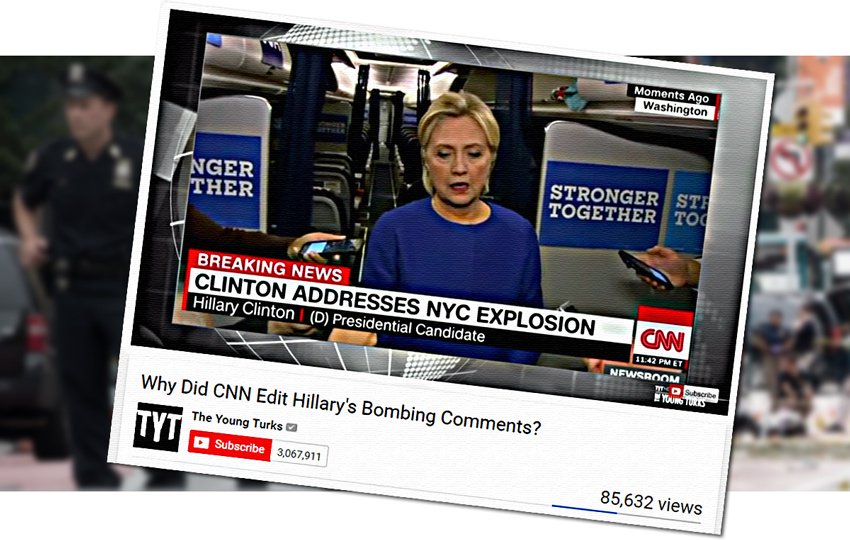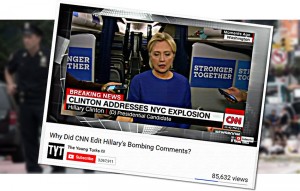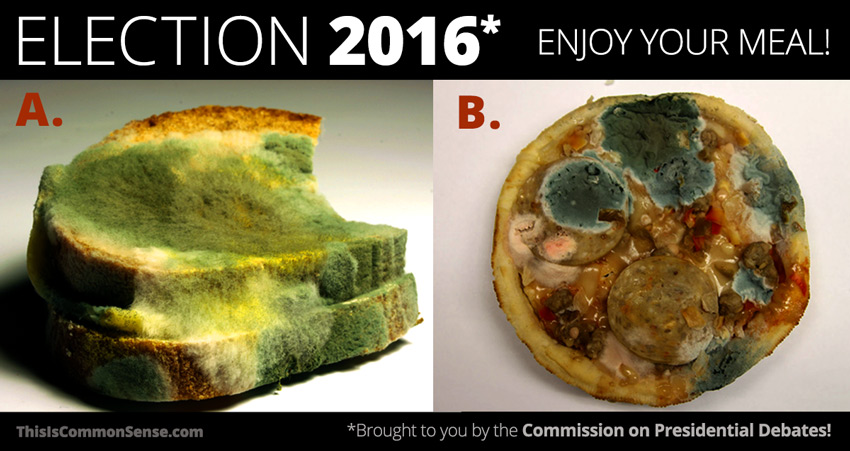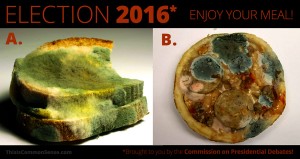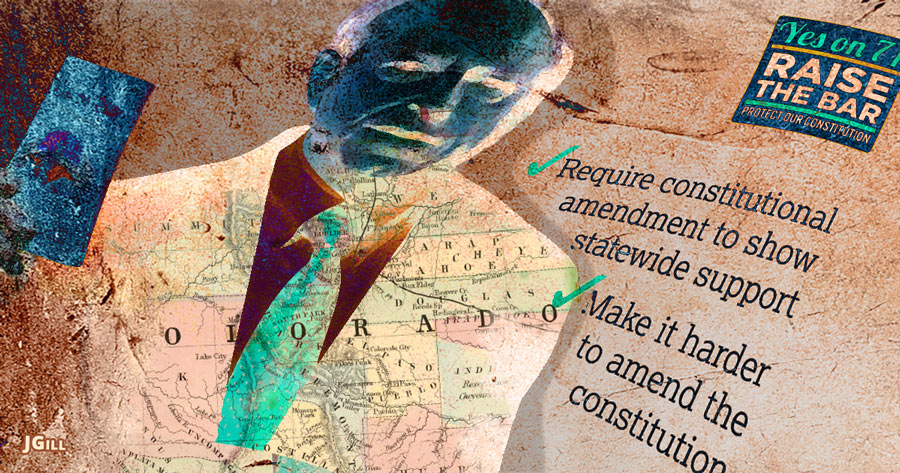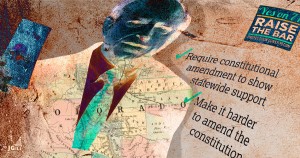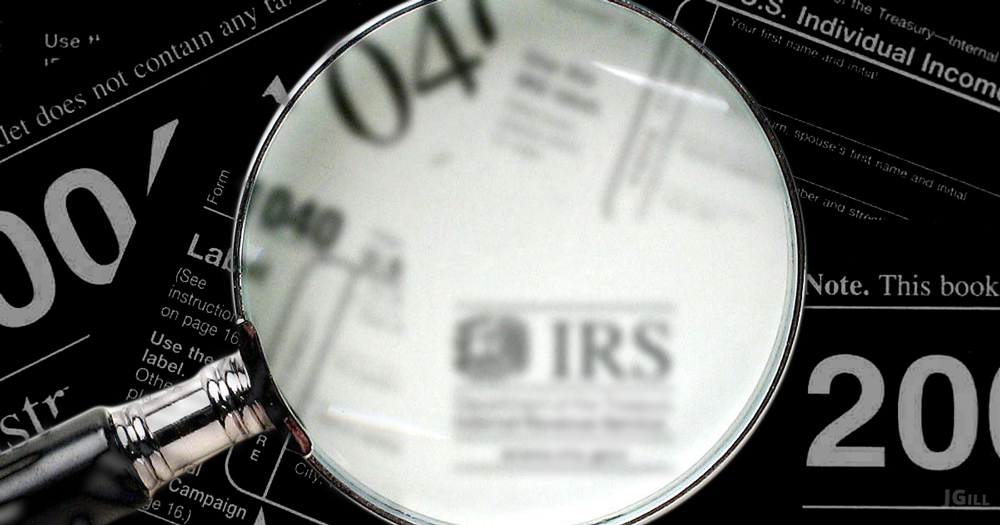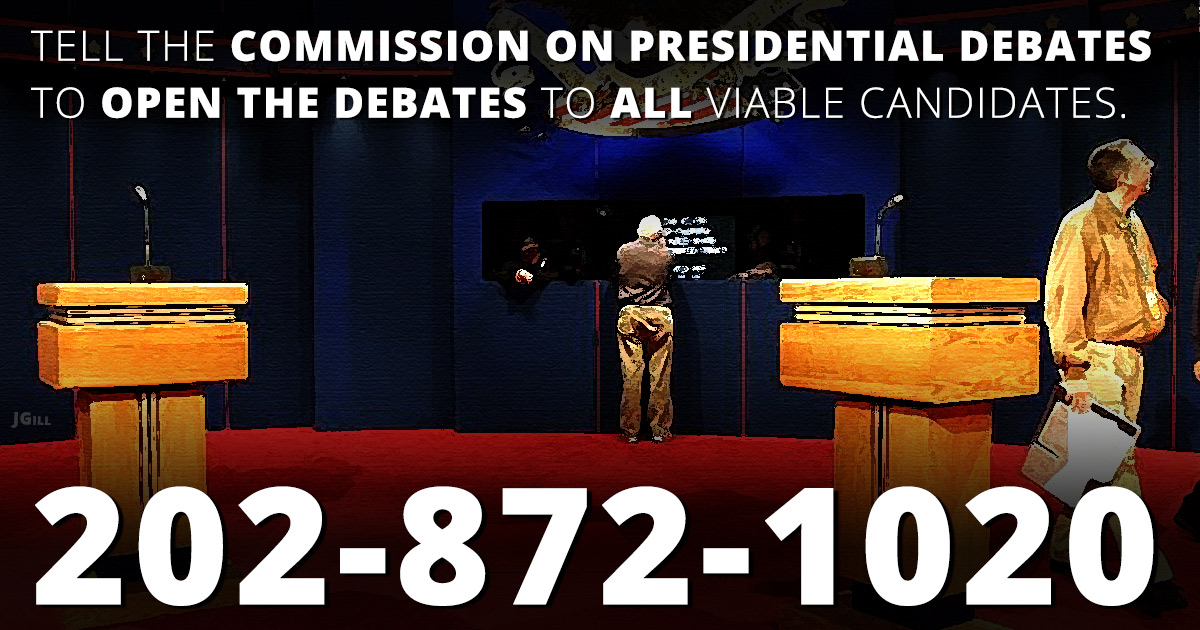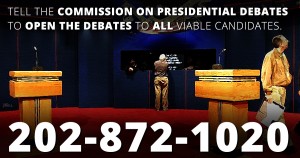A recent Gallup poll found Americans’ trust in their news media has fallen to the lowest level ever recorded. Only 32 percent expressed either “a great deal” or “a fair amount” of confidence in the press “to report the news fully, accurately and fairly.”
Trust among Republican is down to a mere 14 percent.
Sad statistics … but not surprising. Remember Rathergate in 2004?
Over the weekend, CNN earned its “Clinton News Network” nickname by blatantly misreporting Hillary Clinton’s and Donald Trump’s responses to the terrorist bombings in New York and New Jersey.
Both candidates initially called these incidents “bombings” — even before government officials had definitively confirmed the obvious. But in its reports, CNN edited out Mrs. Clinton’s remarks to that effect and ran with the angle that Mr. Trump was irresponsible for saying … well, what she said.
“The press has since largely slammed Trump for referring to the explosion as a ‘bomb’ too soon,” reported The Hill, adding that major media outlets have somehow “also failed to mention Clinton in focusing on Trump.”
Some blame the public’s low esteem for the media on Mr. Trump’s scathing attacks. The Donald dubbed CNN, for example, “disgusting and disgraceful” over this latest controversy.
He’s right.
Enough. CNN’s desire to propagate stories favorable to one candidate and unfavorable to another has spiraled down to the withholding of relevant information, for no better reason than to mislead the public. As a news junkie with an itchy trigger finger on my TV remote, I’ve stopped clicking over to CNN.
Now, Anthony Bourdain’s Parts Unknown will be even more so.
This is Common Sense. I’m Paul Jacob.
